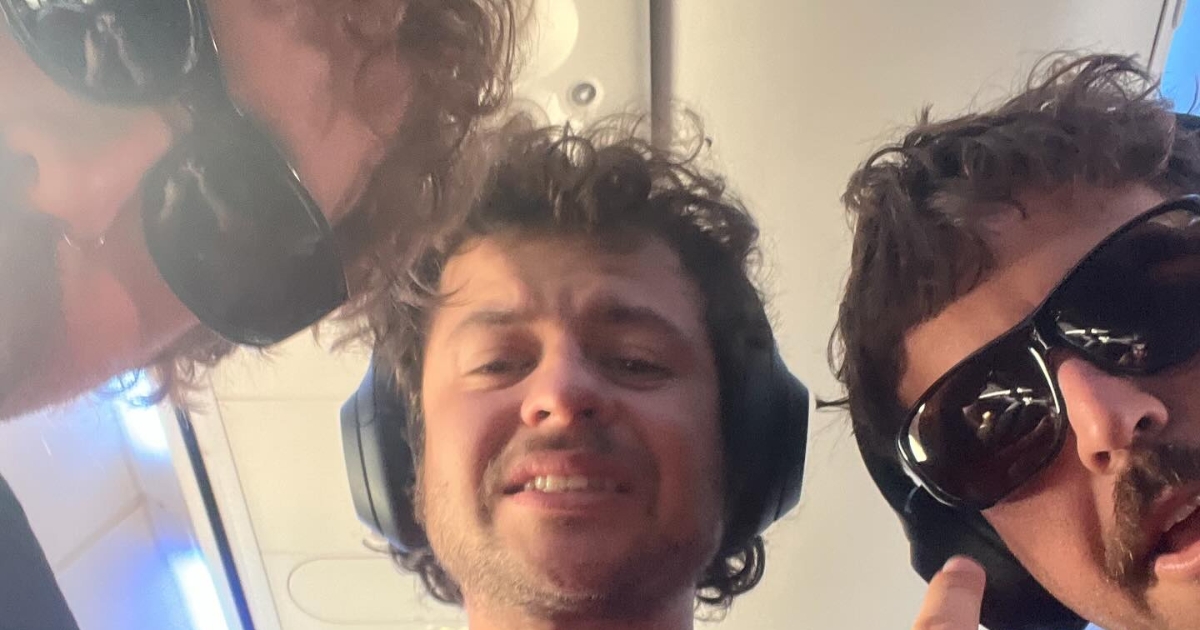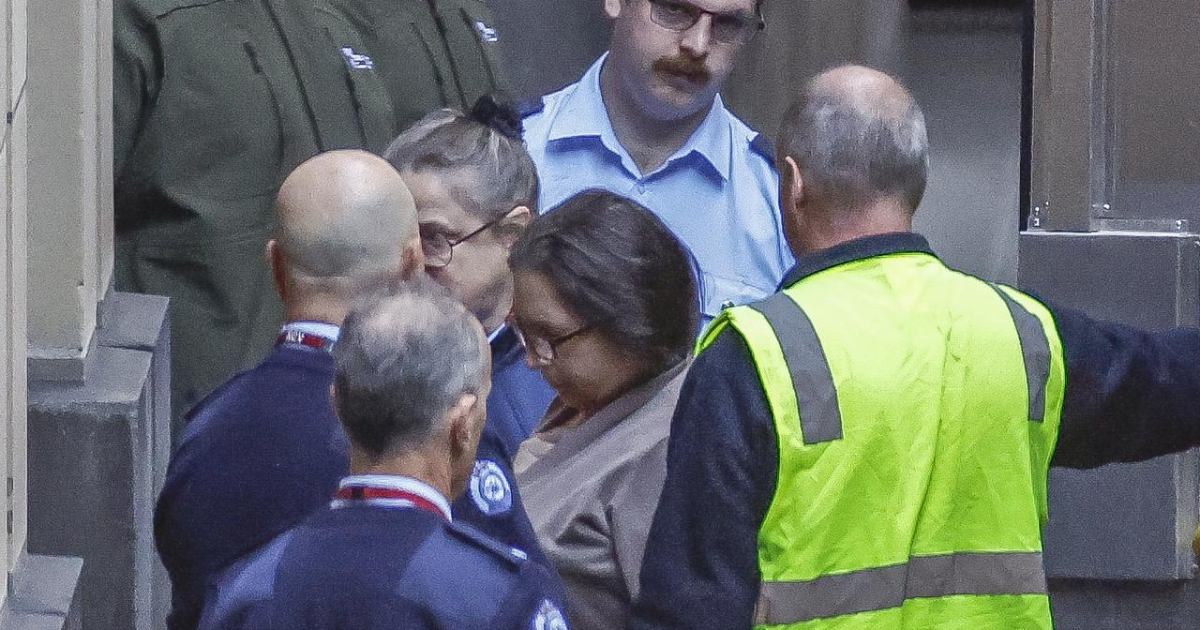School program boosting confidence in students

Assistant principal of the middle school years at North Geelong Secondary College Brad Headlam (far right) with speakers from the first Be Bold Be Heard forum of the year (L-R) Mick O'Malley, Renee Garing, Lyndelle Zuccolin, Allyson Brown, Jade Hamilton and Nova Clough.
A SCHOOL program working to empower girls to speak up in their classrooms, schools and communities is set to expand, with the development of a boys’ program now under way.
Established in 2018, the year-long Be Bold Be Heard program brings together more than 120 female students from 15 public secondary schools across the Geelong region for a series of four forums.
During the forums, students are given the opportunity to engage with students from other schools, hear from community leaders about overcoming challenges, and develop a range of actions to enact within their school.
The initiative is led by North Geelong Secondary College middle years assistant principal, Brad Headlam, who was recently recognised by the Victorian Association of State Secondary Principals with a learning development award for his work on the program.
He said Be Bold Be Heard was initially created to address the gender gap that exists between students.
“The boys are pretty chuffed about everything, and the girls are a little bit deep in their thinking and feel connected to their schools, like their schools, but don’t feel like they have anywhere near the voice that boys do have in the middle years.
“That was the main objective, to reduce that gender gap, to empower girls to be able to speak up… not only for now but in their workplace, in their future lives, in their relationships, to build that confidence.”
Over time the program has also grown to include other concerns students have identified, such as cultural difference and homophobia.
As part of the program, students at North Geelong Secondary College have been empowered to take a range of actions, including changing the PE uniform to make female students feel more comfortable, and introducing a volleyball program to better meet their interests and boost sport participation.
“Anecdotally and individually, we’re seeing the students walk a bit taller,” Mr Headlam said.
“I’ve got a student who was in a little bit of trouble in Year 9. She gravitated towards this program – took it by the scruff of the neck, if you like – and said ‘This is what I’d like to do’.
“She, in fact, set up three staff meetings where she ran workshops for staff on racism, homophobia and gender difference and really informed staff and made them challenge themselves and reflect about their behaviours in the classroom.
“She’s now school captain.”
Recent data from the program confirms its impact, with 90 per cent of participants reporting greater confidence in speaking with school staff, and 95 per cent reporting more self-belief in using their voice.
Mr Headlam said the boys’ program would look considerably different to the girls’ program, reflecting the different issues impacting the two cohorts and the ways in which they like to engage.
“What we tend to find is that boys don’t want to put their hand up for this kind of chitchat.
“We’ll run some programs and get them to talk, and I think maybe reflect on what it is to be male.
“With the likes of the troublesome social media types that are out there, I think it’s really important for us to address… because our teenage boys are easily mislead as they go through those teenage years and behave in a way that doesn’t seem to fit who they are as a person.
“We’ve just got to get a bit creative as to how we engage the boys to do that.”

















